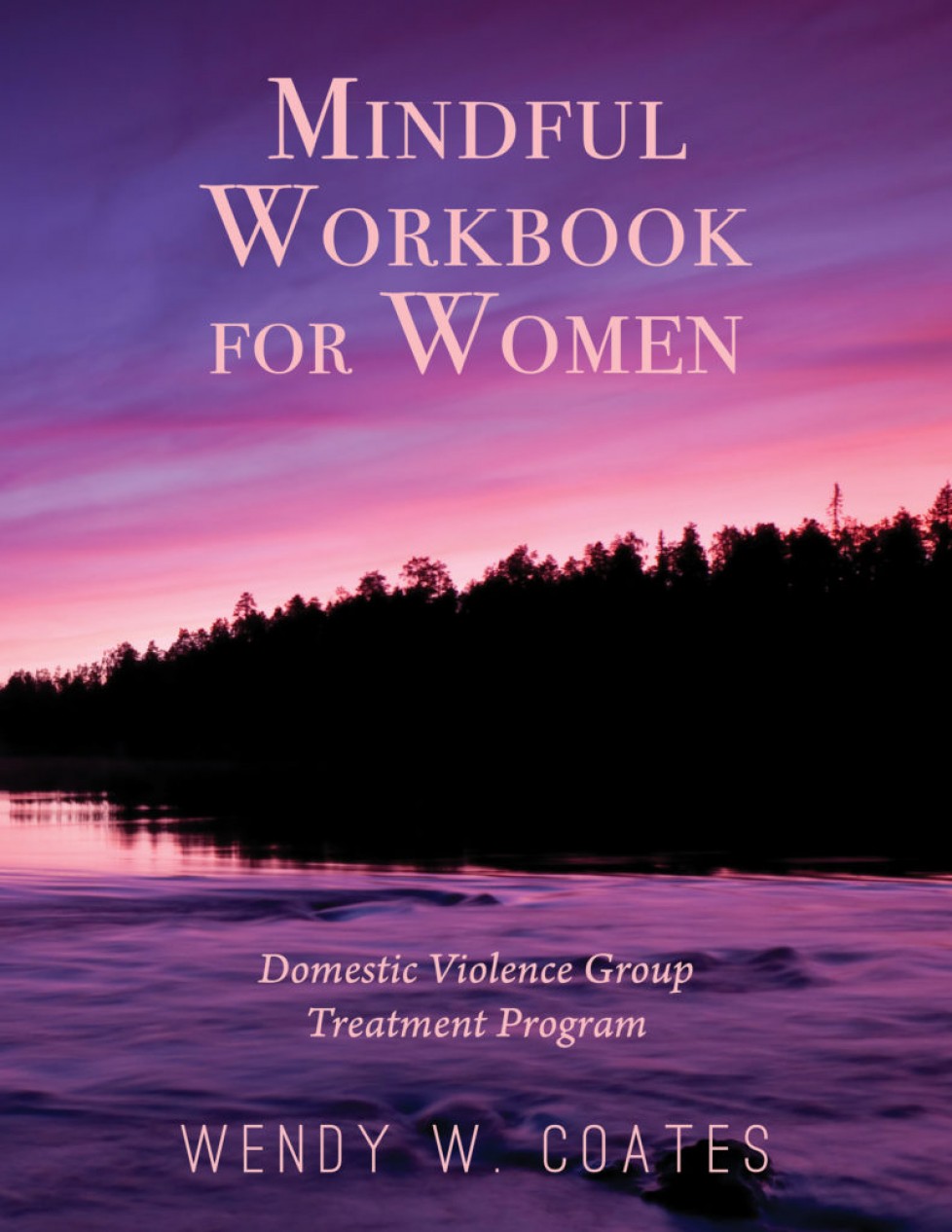Mindful Workbook for Women
Mindful Workbook for Women is an acceptance-based, cognitive behavioral participant workbook adapted from the Emotionally Intelligent Batterer Intervention program. This comprehensive treatment manual is also a self-help guide for high-conflict couples. Research shows that shame is highly correlated with domestic violence. Many individuals enter treatment overwhelmed and defeated by shame. With a strong emphasis on compassion, curiosity, and accountability, Mindful Workbook for Women teaches self-acceptance, empathy, and impulse control. Accountability is a tool used to strengthen self-esteem and regulate emotions. Given that the vast majority of domestic abusers suffer from a history of trauma, Mindful Workbook for Women is a trauma-informed treatment program. Participants learn to identify and override harmful thinking patterns while healing old wounds. Individuals become vulnerable, transparent, and authentic as they develop an internal locus of control through powerful cognitive restructuring techniques. Readers express feeling grounded and empowered as they learn to slow down through mindfulness training. Mindful Workbook for Women promotes healthy boundaries, assertiveness skills, conflict resolution, emotional intelligence, empathy, and responsible parenting throughout the program.This workbook can be adapted for domestic violence treatment programs ranging in length from 16 to 48 weeks. For male or co-ed groups please see Emotionally Intelligent Batterer Intervention. For more information on program implementation visit facebook.com/treatment.program/
